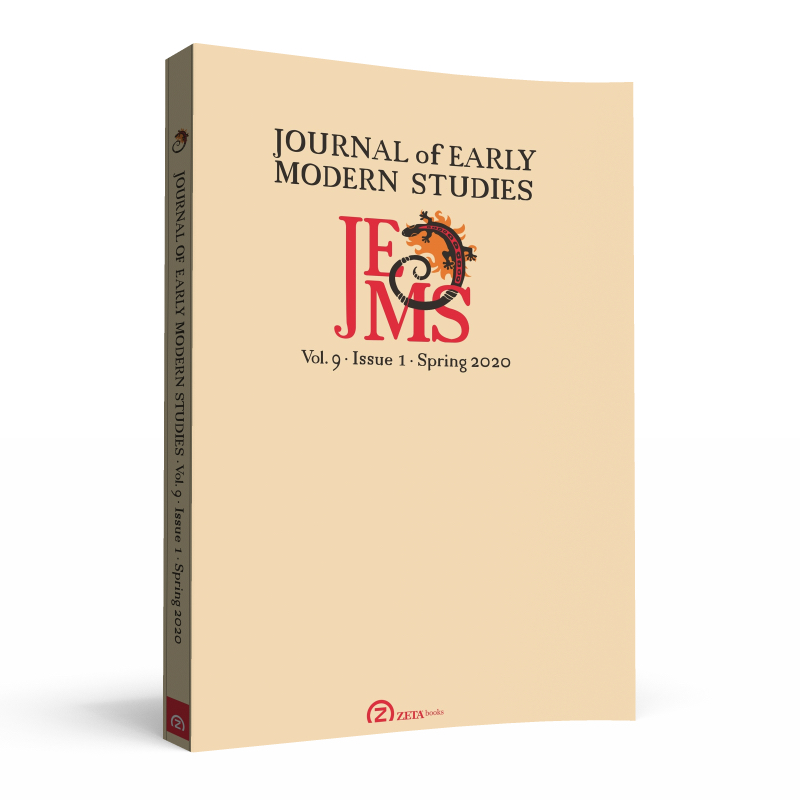Spinoza on Revealed Religion and the Uses of Fear
Spinoza on Revealed Religion and the Uses of Fear
Author(s): Jo van CauterSubject(s): Philosophy, History of Philosophy, Early Modern Philosophy
Published by: Zeta Books
Keywords: Spinoza; divine law; exemplars; dogmata; fear;
Summary/Abstract: This paper argues that fear constitutes an important part of Spinoza’s redefined version of revealed religion as presented in the Theological-Political Treatise. My claim is not only that obedience as conceived by Spinoza always entails fear, but that the biblical image of God as king or lawgiver requires fear to fulfill its function; and thus, by extension, that fear remains one of the very tissues that binds together the body politic. Although, throughout his corpus of work, Spinoza often associates fear with cognitive weakness and a destabilizing temperament, he also acknowledges its potential use for sustaining civic concord. My argument is both positive and negative: the state can foster support for itself by the proper utilization of religious fear, but if it neglects to do so, it undermines its stability and risks falling victim to the destructive effects of superstition.
Journal: Journal of Early Modern Studies
- Issue Year: 9/2020
- Issue No: 1
- Page Range: 99-120
- Page Count: 22
- Language: English
- Content File-PDF

